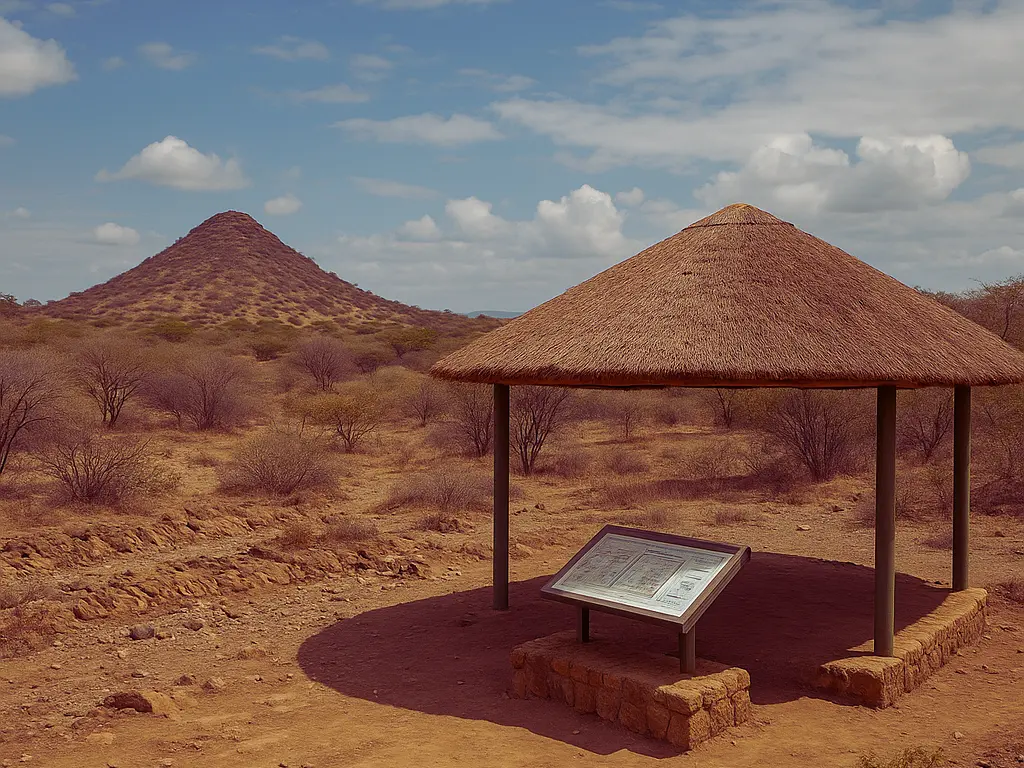

Why Visit? The Kisumu Museum is a dynamic centre for cultural preservation and scientific research in Western Kenya. Officially opened in 1980, the museum plays a vital role in disseminating cultural and scientific knowledge, especially emphasizing the region’s unique biodiversity and ethnic heritage. Located in Milimani Estate along the Kisumu–Kericho highway,
Set on a 10-acre compound, the museum is also one of the few expansive green spaces in Kisumu city—making it an ideal location for visitors, locals, and school groups to engage with nature and heritage.
An authentic life-sized model showing the structure and roles within a traditional homestead.
Artifacts, photographs, tools, and musical instruments from various Western Kenyan communities.
Live species from Lake Victoria and nearby water bodies.
Reptile exhibits including live snakes native to the region.
Established by the National Museums of Kenya, the Kisumu Museum serves as a cultural and scientific hub for the Lake Victoria Basin. It supports educational activities, conservation programs, and both national and international workshops.
Kisumu Museum has played a key role in research collaborations, including a multinational study on limnology (freshwater science) of Lake Victoria conducted by ICIPE at Mbita, Homa Bay County.
Opening Hours: Daily from 8:30 AM to 5:30 PM, including public holidays
Location: Kisumu Town, Milimani Estate, Kisumu–Kericho Highway
Admission Fees (in KES):
Non-Resident Adult (Outside East Africa): 500
Non-Resident Child (Outside East Africa): 250
Non-Resident Adult (Within East Africa): 400
Non-Resident Child (Within East Africa): 200
Resident Adult: 100
Resident Child: 50
School Groups (Primary/Secondary): 50
School Groups (Tertiary/University): 100
School Outreach: Regular educational programs for schools across the Lake Region
Research Seminars & Public Talks: Covering biodiversity, cultural heritage, and limnology
Workshops & Cultural Days: National and international gatherings on cultural and environmental themes
Fort Tenan
Songhor Prehistoric Site
Thimlich Ohinga World Heritage Site
Jaramogi Oginga Odinga Mausoleum
Tom Mboya Mausoleum
Kisumu Museum supports active research and documentation of the Lake Victoria ecosystem, working closely with institutions like ICIPE. It also serves as a reference hub for scientists and students interested in freshwater ecology, ethnography, and heritage conservation.
Education Office: Organises group bookings and educational resources
Amphitheatre & Workshop Rooms: Spaces for live events and community meetings
Toilets & Rest Zones: Clean, shaded areas across the grounds
Gift Shop & Brochure Access: Local crafts and detailed visitor guides (DearFlip-supported)
Ideal for School & Family Visits: Highly interactive and educational
Best Times: Weekday mornings for a quieter experience
Combine With: Nearby trips to Dunga Hill Camp, Hippo Point, or Impala Sanctuary
Curator: Kisumu Museum
Email: kisumu@museums.or.ke
Education Office:
+254 711 938 090
+254 733 922 692
+254 724 605 363
Address: P.O. Box 1779, Kisumu, Code 40100
Explore the culture, science, and vibrant life of Western Kenya at Kisumu Museum—where tradition and nature come alive.
The National Museums of Kenya (NMK), established under the Museums and Heritage Act (2006), is a multi-disciplinary institution dedicated to collecting, preserving, researching, and presenting Kenya’s cultural and natural heritage.
Sign up to our newsletter